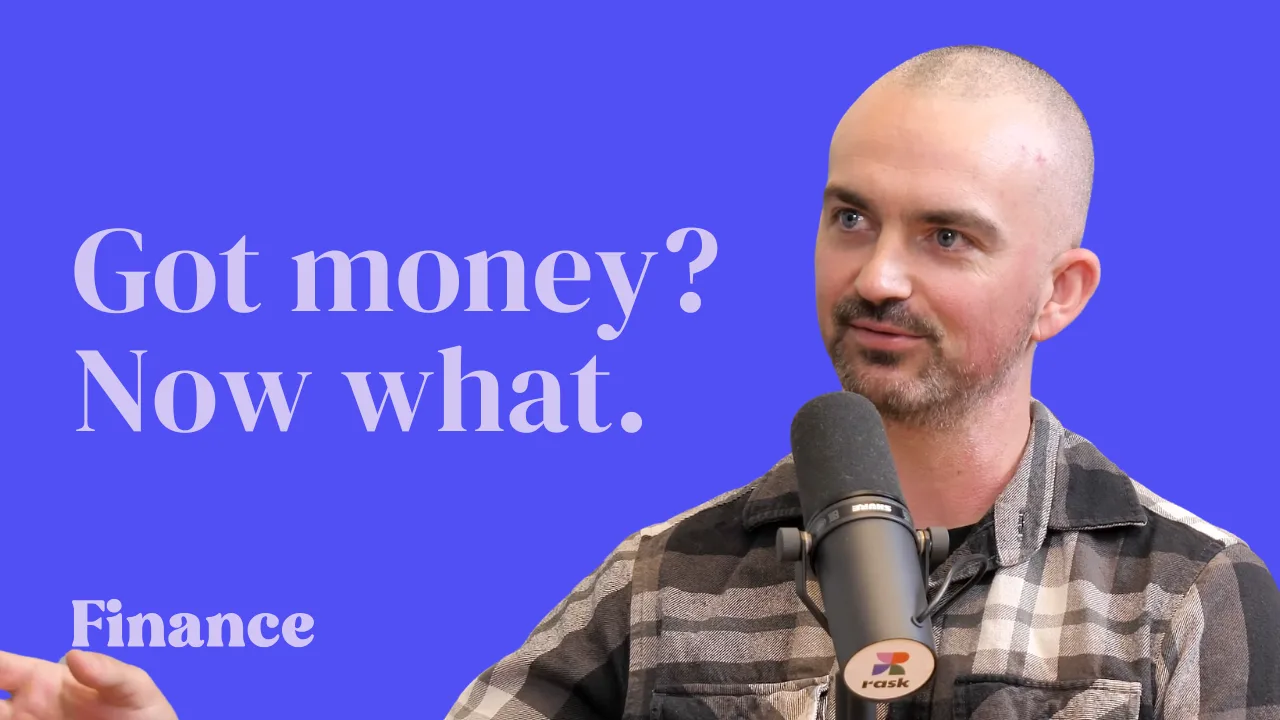BetaShares launched their latest ASX ETF yesterday morning giving investors exposure to the 100 largest companies on the London Stock Exchange (LSE). Here’s what you need to know about the BetaShares FTSE 100 ETF
(ASX: F100).
About ETFs
Exchange-traded funds, or ETFs, are investment funds that are listed on a securities exchange. They can be managed funds or index funds, or in other words, active or passive, and the fees are usually lower than an unlisted investment fund.
To learn more about ETFs, check out the Rask Finance video below or take a free course on the www.raskfinance.com website.
Typically, ETFs give an investor exposure to many different shares or assets with a single purchase, offering one of the quickest and easiest methods of achieving diversification.
What To Expect From F100
The new F100 ETF aims to track the performance of the FTSE 100 Index, which is the 100 largest companies on the LSE by market capitalisation. As this is the first ASX-listed ETF to track this index it’s worth asking what can we expect from F100?
Taking a look under the hood of the index, financials is the FTSE 100’s largest sector allocation, making up 20.8% of the F100 portfolio. Other large allocations include energy (16.9%), consumer staples (16.2%) and materials (10.8%). The smallest allocations are utilities (3.0%) and information technology (1.3%).
In terms of companies, some familiar names in the F100 portfolio include HSBC Holdings Plc (LON: HSBA), BP Plc
(LON: BP) and Unilever Plc (LON: ULVR).
Much like the ASX 200, the FTSE 100 produces relatively high income/dividend returns compared to other countries. In the year ended 30th June 2019, the FTSE 100 had an annualised dividend yield of 4.8% compared to 2.5% for the MSCI World Index and 4.6% for the ASX.
Fees And Risks
Management fees for F100 are 0.45% per year which is higher than what you would pay for an ASX 200 ETF or an S&P 500 ETF, so that’s a drawback.
The largest risk that immediately comes to mind is Brexit. Over the last 12 months, the FTSE 100 Index is down roughly 2.5% though a strong six months has seen the index up about 11% year-to-date.
With Brexit issues ongoing, a coming change in Prime Minister and relatively high fees, I won’t be buying this ETF right now, but it could be one to watch in the future.
[ls_content_block id=”14948″ para=”paragraphs”]
Disclosure: At the time of writing, Max does not own shares in any of the companies mentioned.










